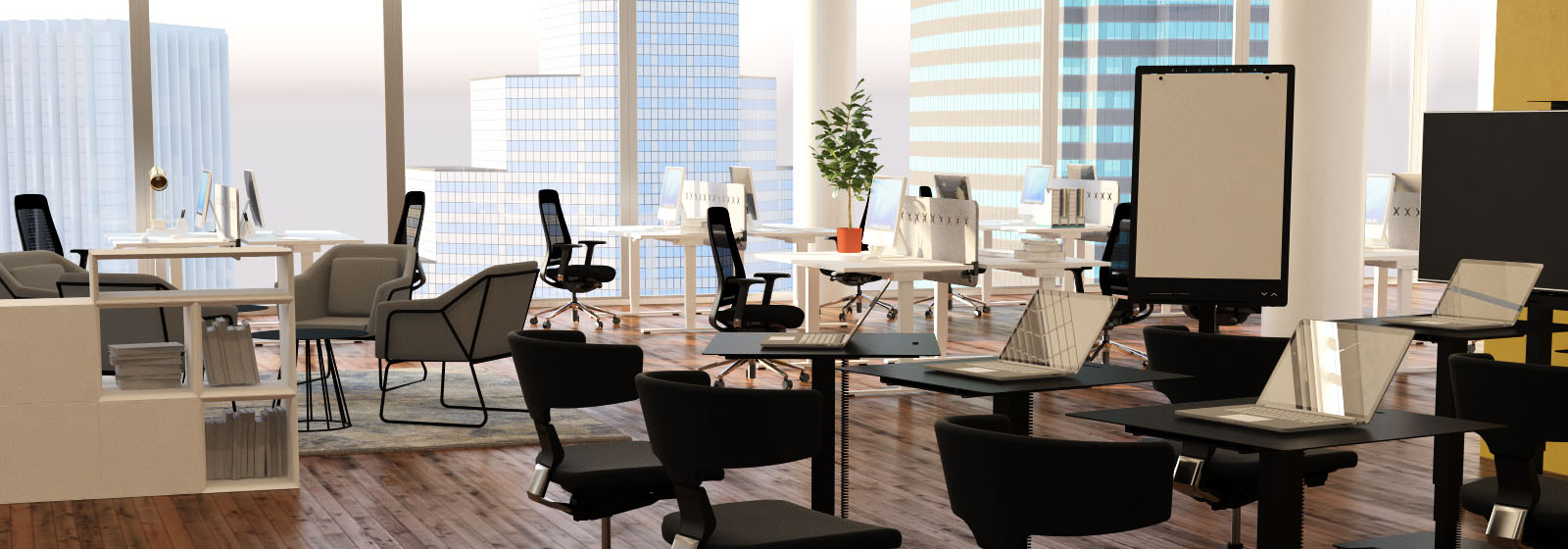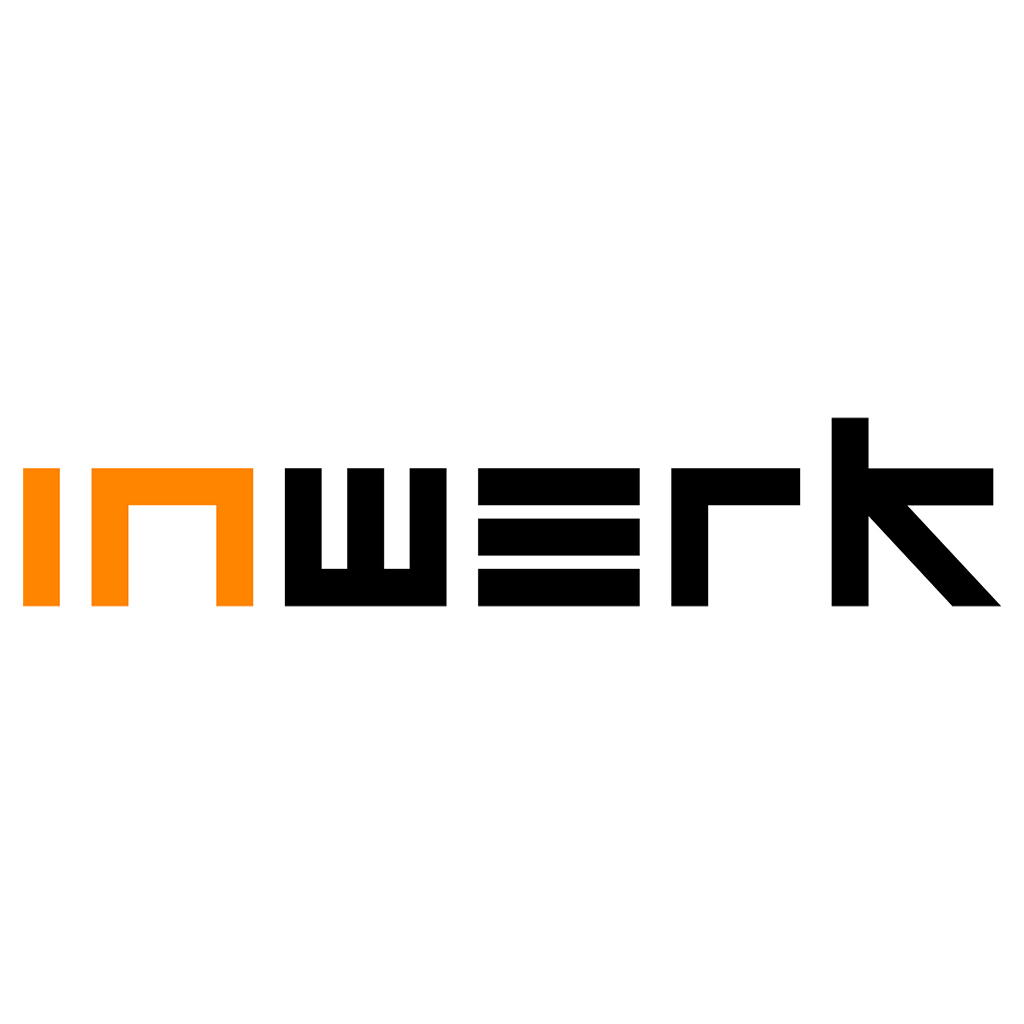In the industry, it can be observed that more and more hotels are discovering the provision of coworking space as a second pillar for their business. Coworking is an alternative to office and home office and takes place in neutral locations. Teams from different companies or even self-employed and freelancers work next to each other on shared office space, but not necessarily with each other. Coworking takes place not only in large cities, but also on the outskirts of metropolises and in rural regions, which saves employees long (and possibly congestion-intensive) journeys to the company headquarters. Hotels as operators provide workstations in suitable rooms, which anyone can rent for a variably selectable duration. The tenants jointly use the office equipment, the technical equipment and the infrastructure. In addition to renting, some hotels also offer catering for coworkers and other services.
Ergonomic and flexible workstations
The ergonomic design of the workstations is basically self-evident. This includes not only good office chairs, but usually also height-adjustable desks where you can work sitting or standing. In addition, there is storage furniture that retains its raison d’être even in the digital age. Since the occupation in the coworking space can change frequently and a rigid interior design makes no sense, storage furniture also takes on a structuring function and forms zoning on the surface. For this purpose, cabinets and sideboards must be movable with as little effort as possible and their dimensions and divisions changeable. A furniture construction system such as Inwerk Masterbox® enables such practically unlimited versatility even without tools. Even laymen can quickly and easily reconfigure the setup as needs change.
Incidentally, there are two options for occupying the workstations. When coworkers are not rented as a team, they usually choose a so-called flexdesk and have to look for a free workplace every day. A fixed desk, on the other hand, guarantees a fixed place of its own, but also costs a little more.
Coworking office spaces are mostly open. However, the trend is towards hybrid models, in which additional retreats are provided for concentrated thinking work. Acoustically shielded room-in-room systems can be located free-standing in the office landscape and can be moved to other locations at any time.
Where larger teams collaborate in coworking spaces, a conference table may be required for meetings. An alternative to conventional rigid models is the Inwerk Conflex®. It is electrically height-adjustable up to 1.37 meters and allows healthy movement by switching between sitting and standing, just like a sit-stand desk. This is especially useful for hour-long meetings. This conference table can be selected in numerous widths from 1.60 to the ultimate 30 meters.
Hotel-typical full-service included
Hotels often combine the coworking offer with an all-inclusive approach for their tenants. In addition to professional and fully equipped workplaces, amenities such as coffee or water flats, breakfast, lunch, fitness, lectures and in some places even childcare are offered. In large coworking areas, tenants are even supported by community managers with help and advice.
Coworking is established as an integral part of the new world of work. Hotels are thus opening up a new target group and a new business area that no one had thought of just a few years ago.

